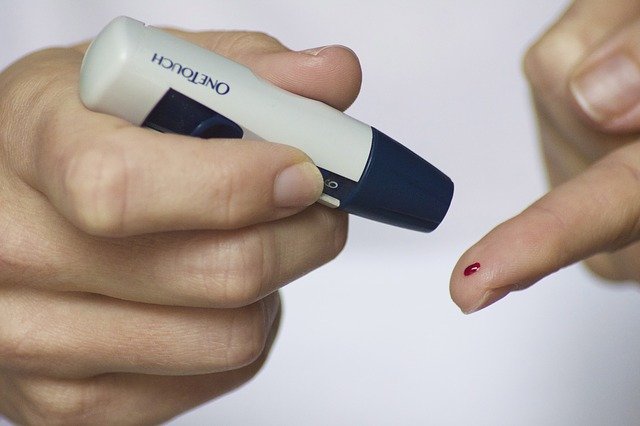
In a new study, researchers from the University of Exeter found that considering simple things like gender and BMI into prescribing decisions can help control blood sugar and avoid side effects from type 2 diabetes.
Metformin is the first line of drug treatment in type 2 diabetes, but many patients will eventually need additional drugs on top of Metformin to lower their blood sugar levels.
Currently, doctors have to decide which additional drugs patients need to take based on limited guidance.
In the study, the team used data from more than 29,000 patients who had either taken part in trials or were treated in UK GP practices.
Based on a patients’ gender and BMI, the authors found important differences in the success of the drugs sulfonylureas and thiazolidinediones in lowering blood sugar, and in the risk of common side effects.
For example, obese women were far more likely to have good blood glucose control on thiazolidinediones than sulfonylureas.
But non-obese men had the opposite result: they were far more likely to have good blood glucose control on sulfonylureas than thiazolidinediones.
The team believes their study could dramatically improve the benefits of drugs and reduce the risk of potentially harmful side-effects such as weight gain and hypoglycaemia.
The finding provides a starting point for a more evidence-based approach to the prescribing of drugs after Metformin.
The study also demonstrates how the sharing of patient data can meaningfully benefit patients—in this case helping to make sure individual patients get the best drug for them.
John Dennis, of the University of Exeter Medical School, was the lead author on the study.
The study is funded by the Medical Research Council and published in the journal Diabetes Care.
Copyright © 2018 Knowridge Science Report. All rights reserved.



